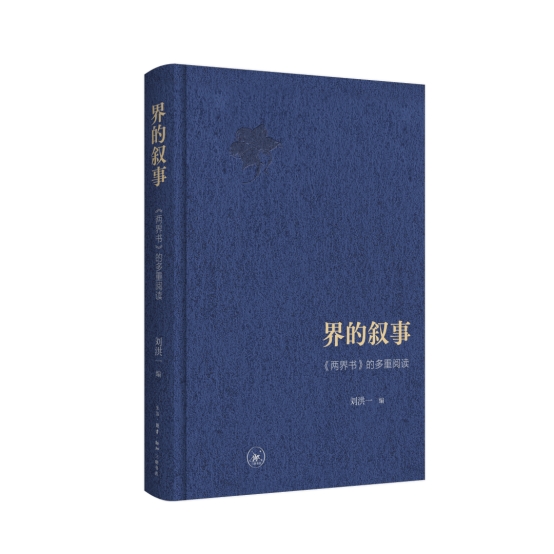
Abstract:
The concept of "boundary" (界) in both Eastern and Western cultures is rich with philosophical connotations, encompassing meanings such as division, limit, border, realm, definition, separation, and junction. This book centers on the ideological narratives surrounding "boundary," drawing upon multiple readings of The Book of Twin Worlds (Liangjie Shu). It explores the philosophical significance, civilizational meaning, wisdom of life, and narrative art derived from the notion of "boundary" and The Book of Twin Worlds. In particular, it offers fresh perspectives on the philosophical and cultural foundations of a shared future for humanity, interdisciplinary narratives that transcend conventional paradigms, innovative expressions of academic thought, and the construction of a Chinese discourse that bridges East and West.
About the Author:
Professor Liu Hongyi is a Senior Professor of Humanities and Social Sciences at Shenzhen University, Ph.D. supervisor, Director of the Jao Tsung-I Institute of Culture Studies, and Director of the Institute of Comparative Literature and Culture. Professor Liu has long been engaged in teaching and research in cultural philosophy, comparative literature and culture, Jewish studies, and higher education. He has published numerous works including Essentials of the Jewish Culture, Study of Biblical Narratives, Towards Cultural Poetics, The Jewish Spirit, Cultural Studies of American Jewish Literature, New Discussion on Contemporary Aesthetic Culture (co-authored), Higher Education Towards Internationalization (co-authored), etc.